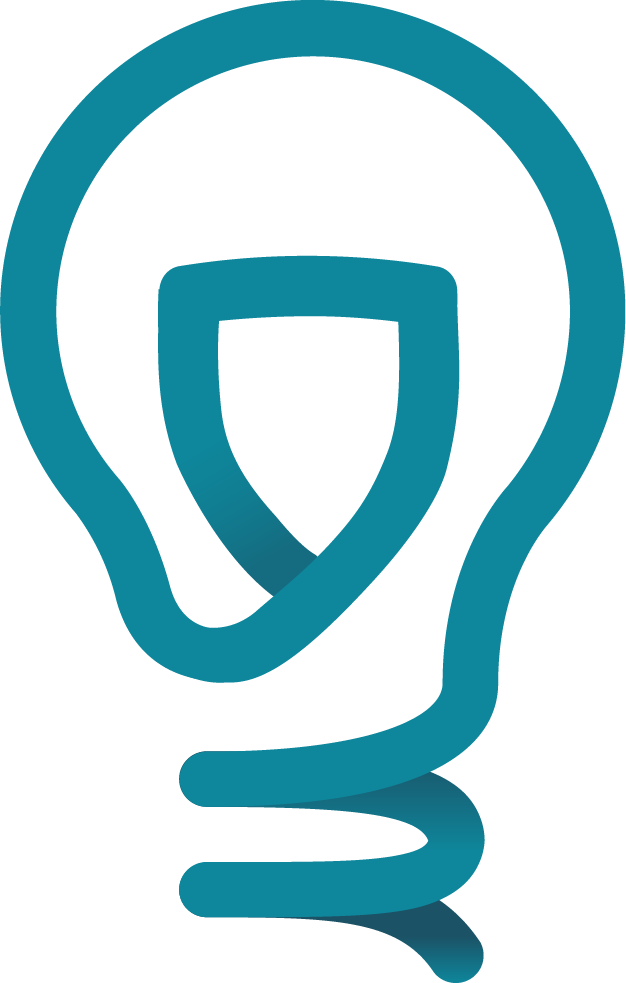PAF: Mental Health in Sub-Saharan Africa
By Ashley Demming, Eric Gastfriend, Lori Holleran, and Danielle Wang.
This is the Executive Summary of the final report from a Philanthropy Advisory Fellowship project advising a family foundation on grantmaking opportunities and strategy. The full report (redacted for client confidentiality) is available here. This research was conducted on behalf of PAF client Child Relief International.
Mental Health in Sub-Saharan Africa Report
Executive Summary
Mental health, as defined by the World Health Organization, is “a state of well-being in which every individual realizes his or her own potential, can cope with the normal stresses of life, can work productively and fruitfully, and is able to make a contribution to her or his community.” Although traditionally mental health has not been considered an immediate cause for concern in Sub-Saharan Africa, it is increasingly receiving more attention as the extent in which people suffer from various disorders has become apparent. As such, within this report, our team seeks to quantify and analyze the burden of mental health disorders in the region, focusing on total disability-adjusted life years (DALYs) from the 2013 Global Burden of Disease Study. Identifying depressive disorders as being the top contributor to total DALYs related to mental health in Sub-Saharan Africa, we dive into promising interventions such as Psychoeducation, Cognitive Behavioral Therapy, Module-Based Treatment, and Crisis Assistance and attempt to estimate their cost-effectiveness. To understand their potential impact, a cost-effectiveness comparison of mental health to sanitation is detailed. Based on research and interviews, we provide information on various organizations operating in Sub-Saharan Africa within the mental health field. Based on our analysis on not only the organizations but also on the mental health landscape in Sub-Saharan Africa as a whole, we provide three specific recommendations for investment consideration, the Alderman Foundation, AEGIS Foundation, and Network for Empowerment and Progressive Initiative, as these organizations show potential in leadership, scalability, cost-effectiveness of programs, and proven success. Finally, we then seek to hone in on current research opportunities related to depressive disorders and other similar mental health areas of concern. The research areas we recommend are: propranolol for PTSD, trace lithium for suicide, and computer-based CBT for anxiety/depression.
The full report is available here.
